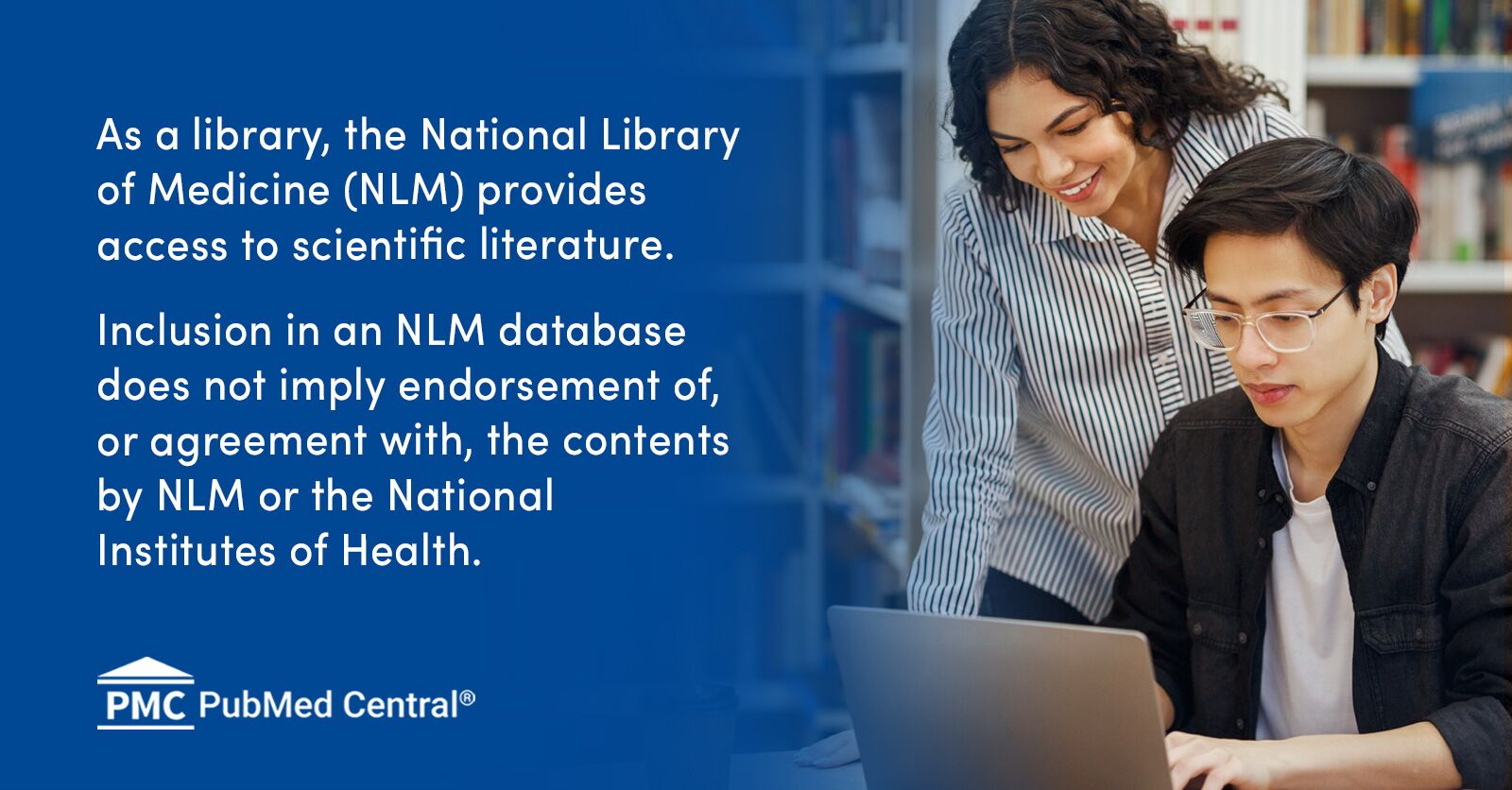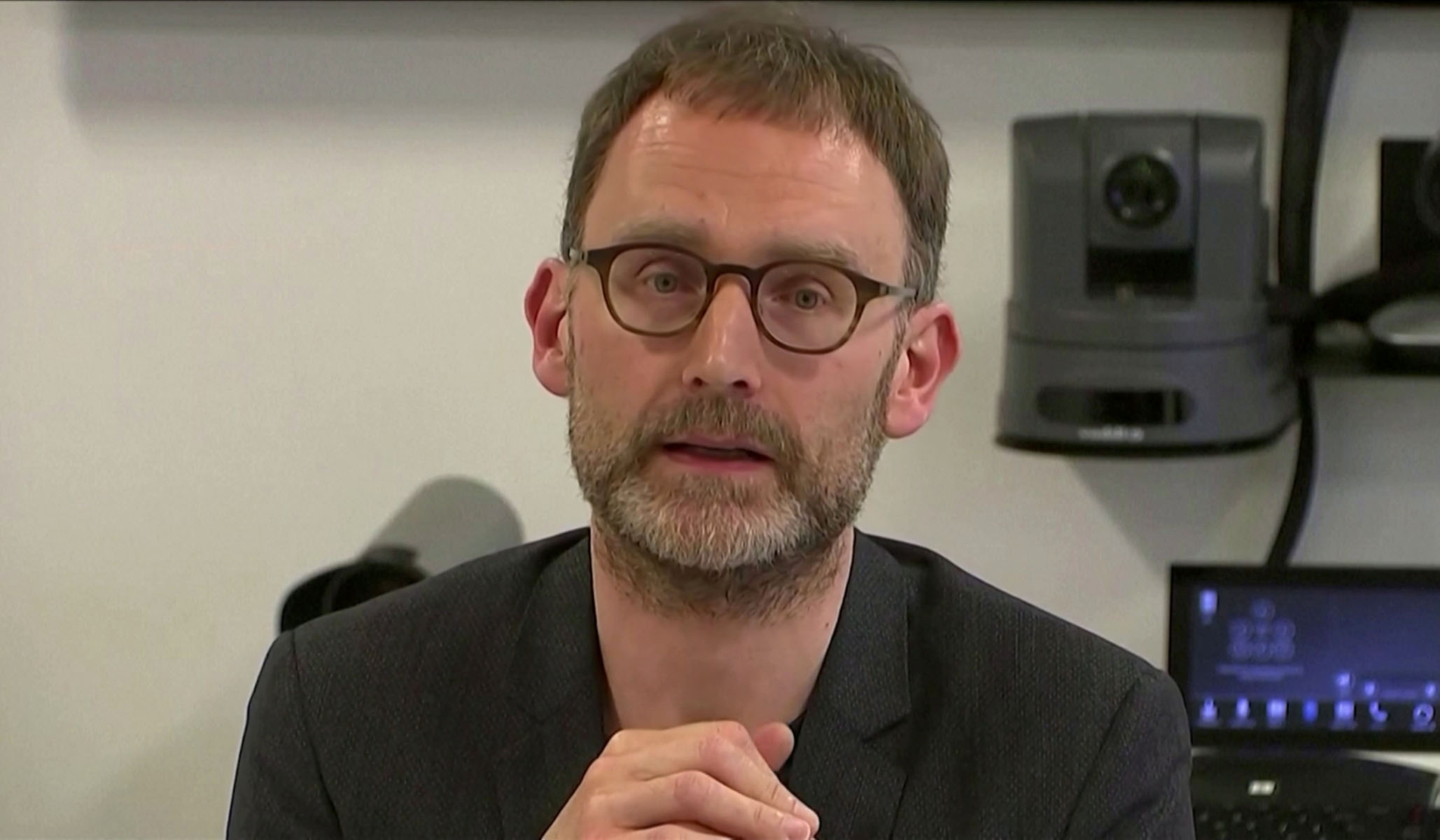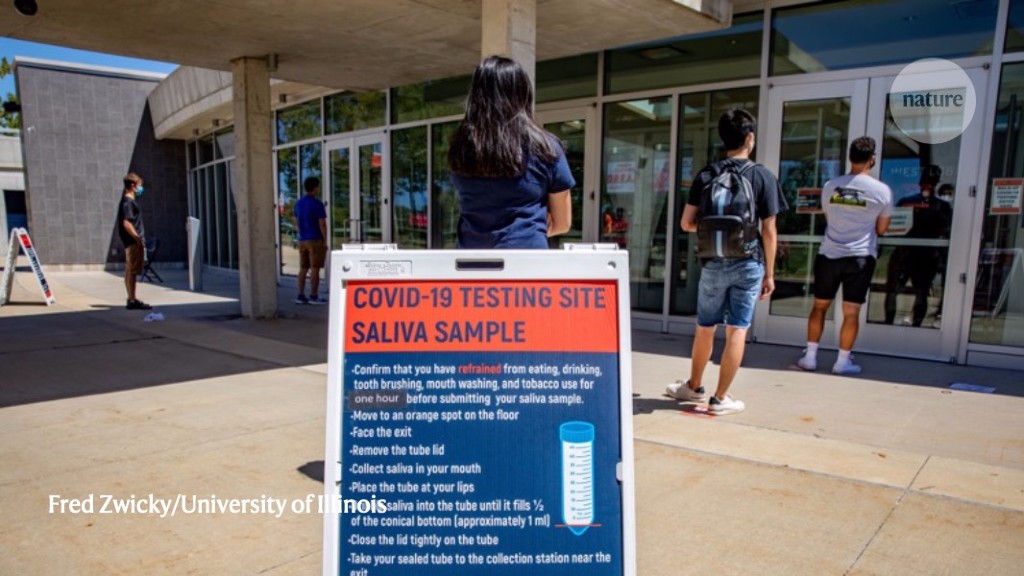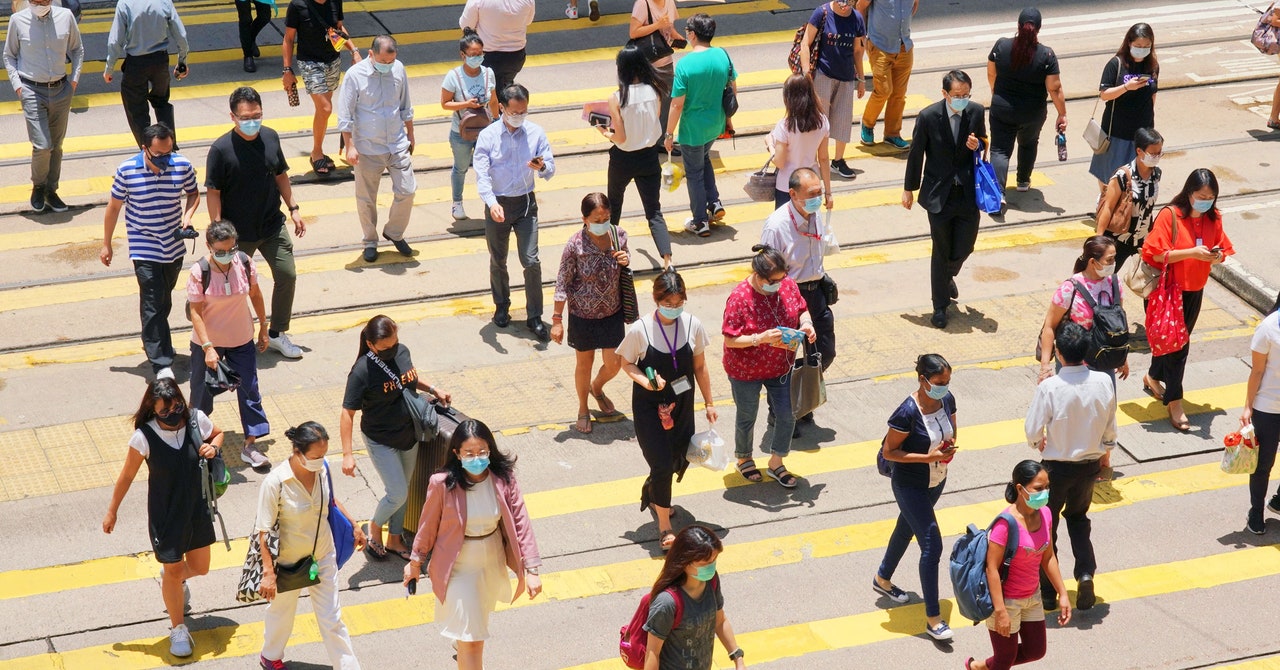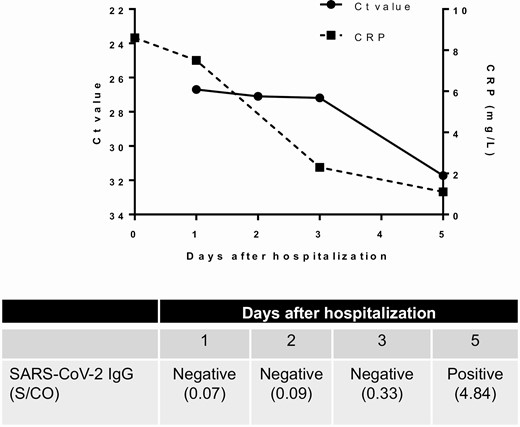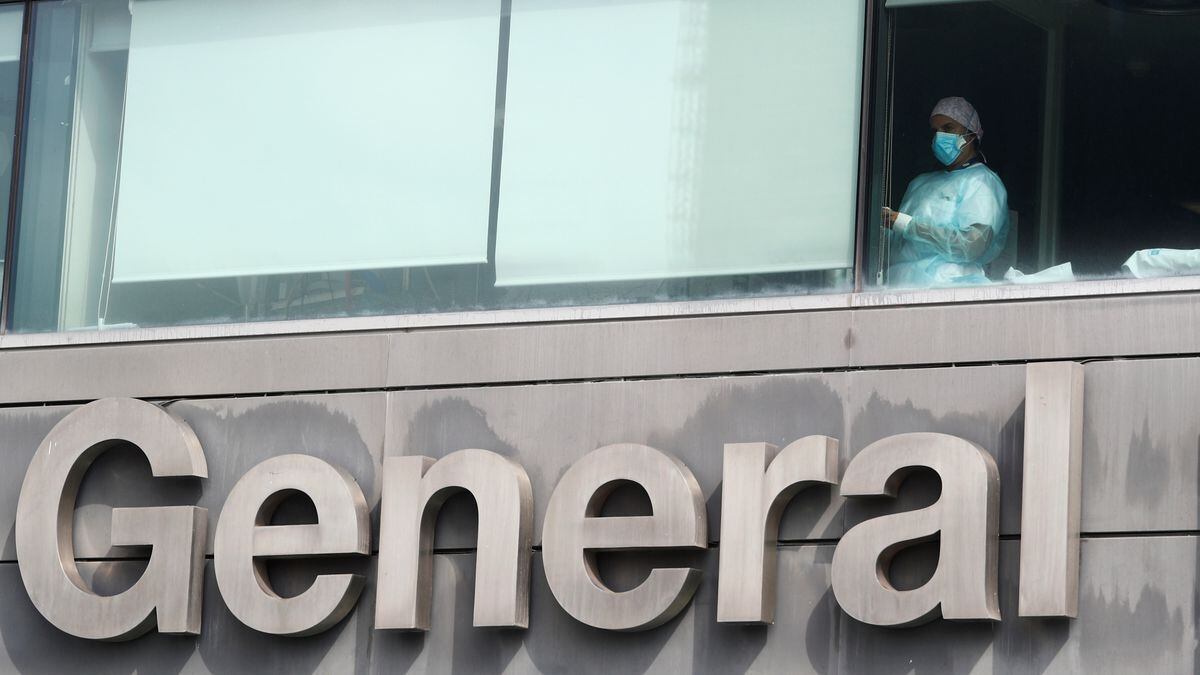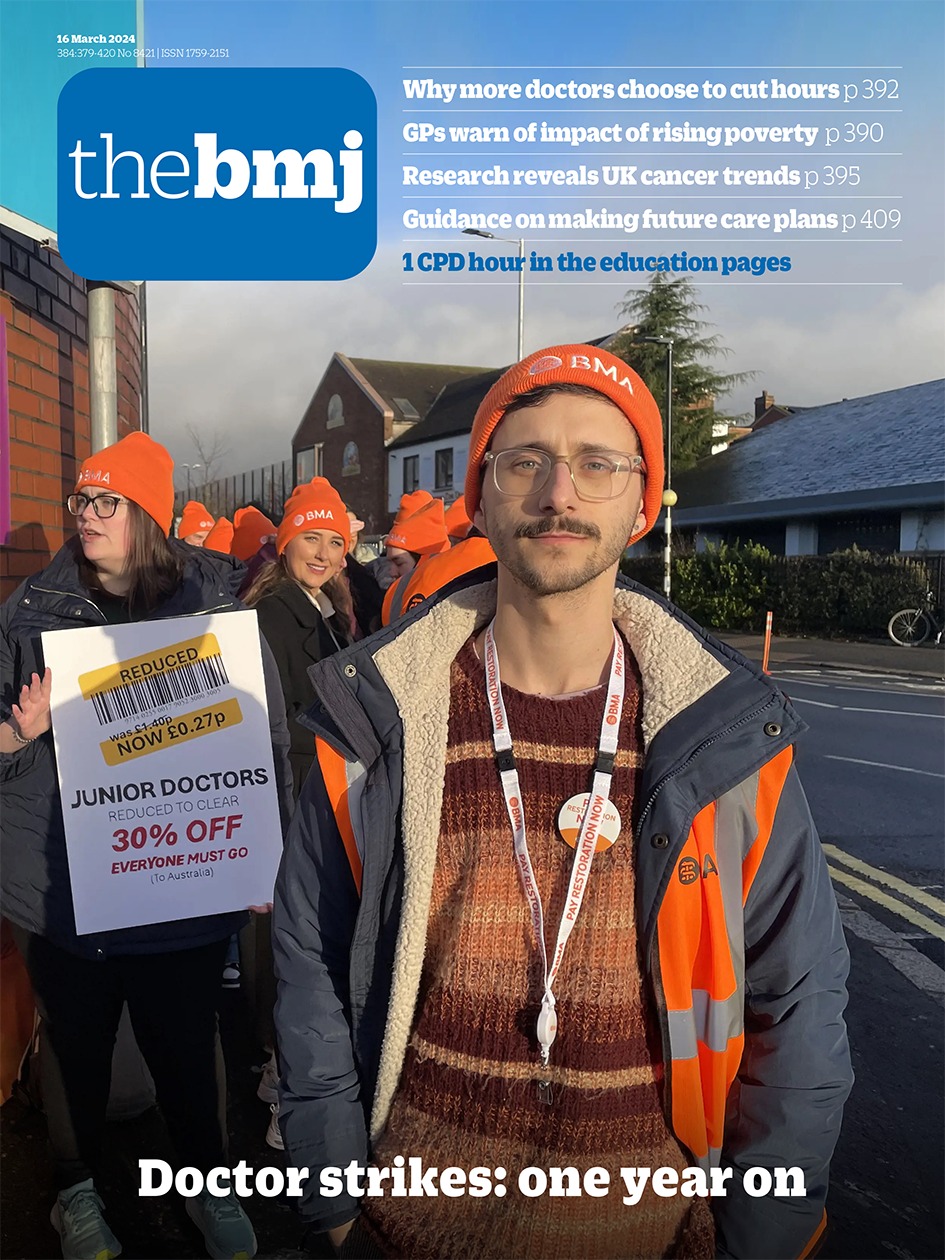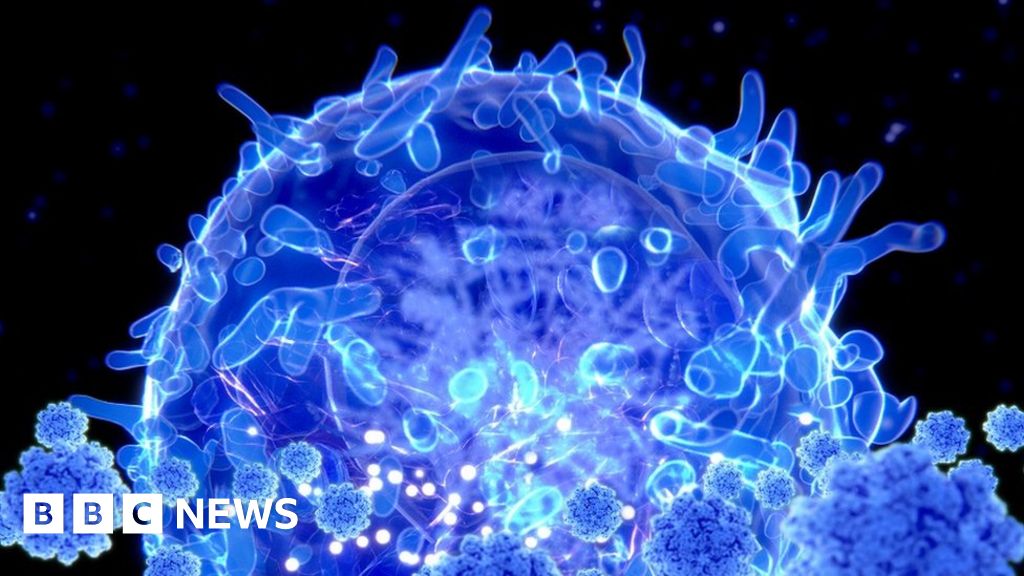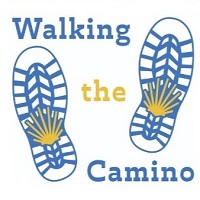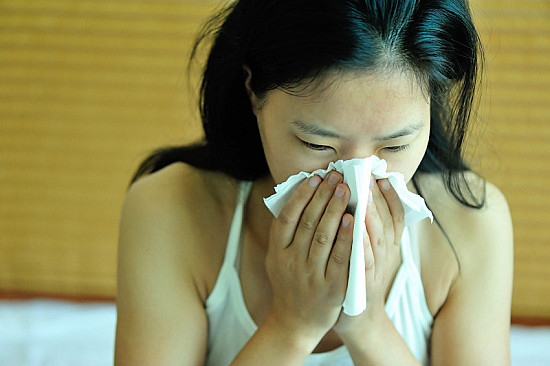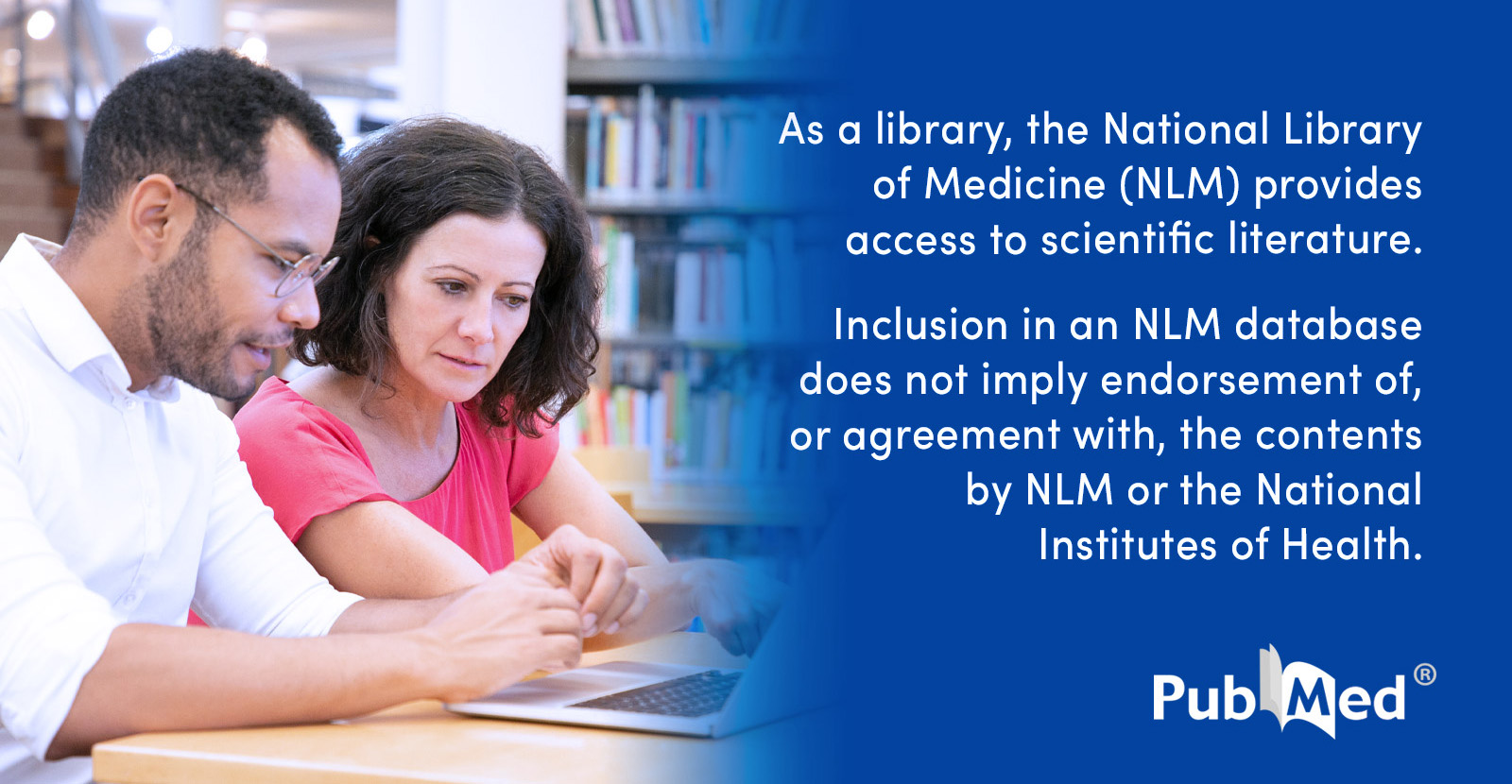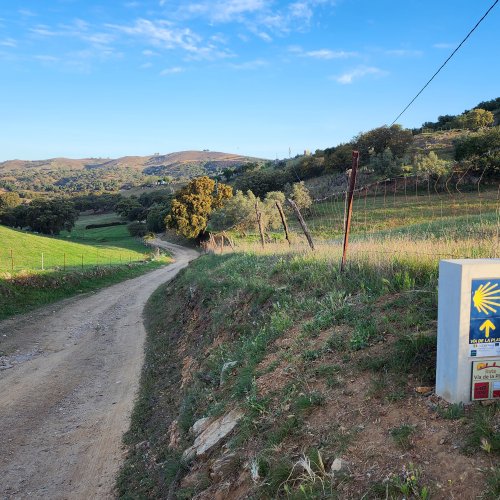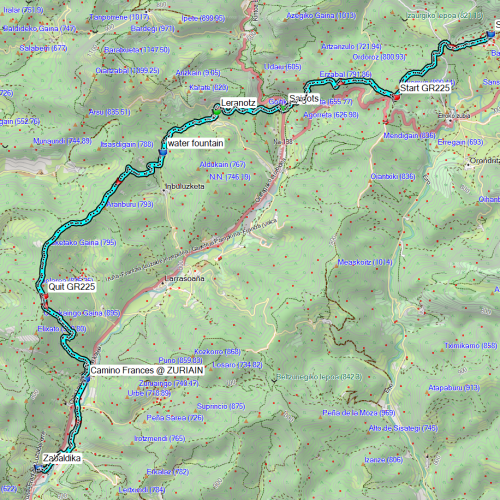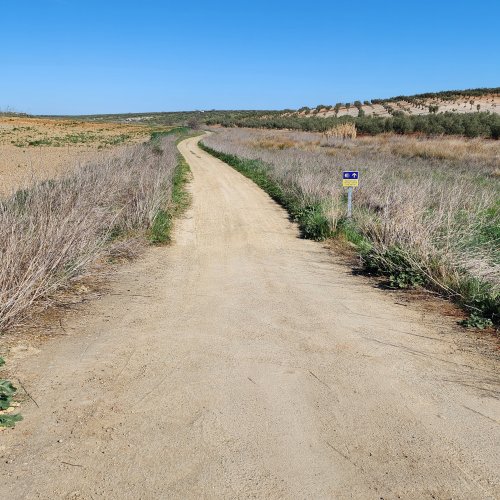Thank you
@mjal.
@Doughnut NZ, fair enough. But I'd posit that 'proof' in natural science is actually impossible, so validating precise and accurate hypotheses is the best we can hope for.
In this case, we throw the word 'immunity' around, but this review is a reminder that cell-mediated and humoral immunity are both distinct and interelated in mind-bendingly complicated ways that are unique to each pathogen.
SARS-Cov-2 is a new pathogen, so right now every viral immunologist on the planet is scrambling - and a bit on the back foot - to tease out the important components of our immunity to it, all within the context of an unfolding pandemic. So it's to be expected that the reporting of results are not perfectly in sync with current conditions.
The review paper is very useful in summarizing many of the moving parts of this whole picture, and describing what needs more work. Where this is pertinent to models of herd immunity is neatly summarized in Box 2 of the paper:
The strength or weakness of a model is predicated on the assumptions it assumes at the outset, and whether these are accurate in the real world. In this case, assuming a lack of pre-existing immunity may not be such an accurate assumption.
Meanwhile policies are being put in place.
Decisions have to be made, even with partial understanding.
We do the best we can...




